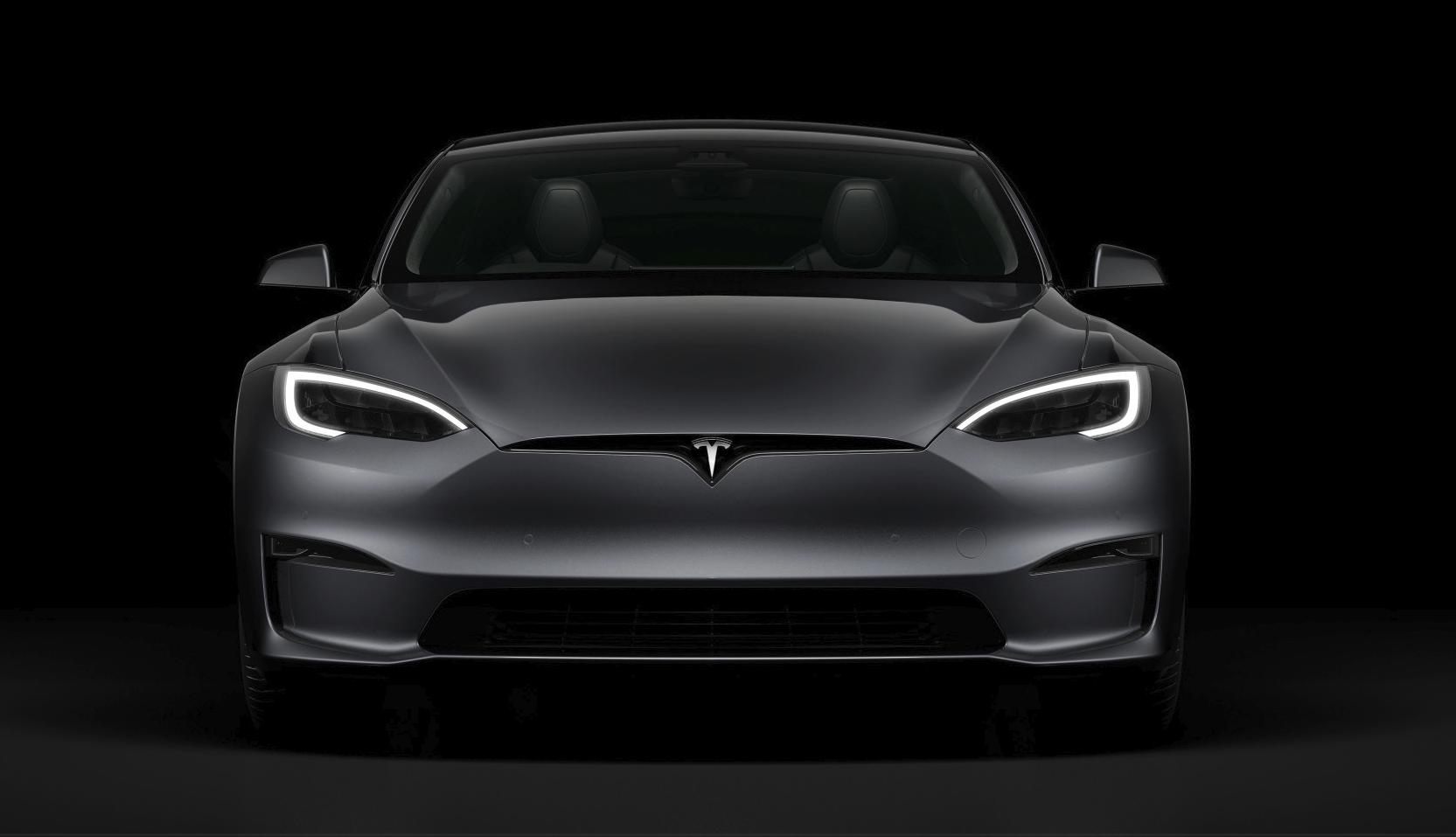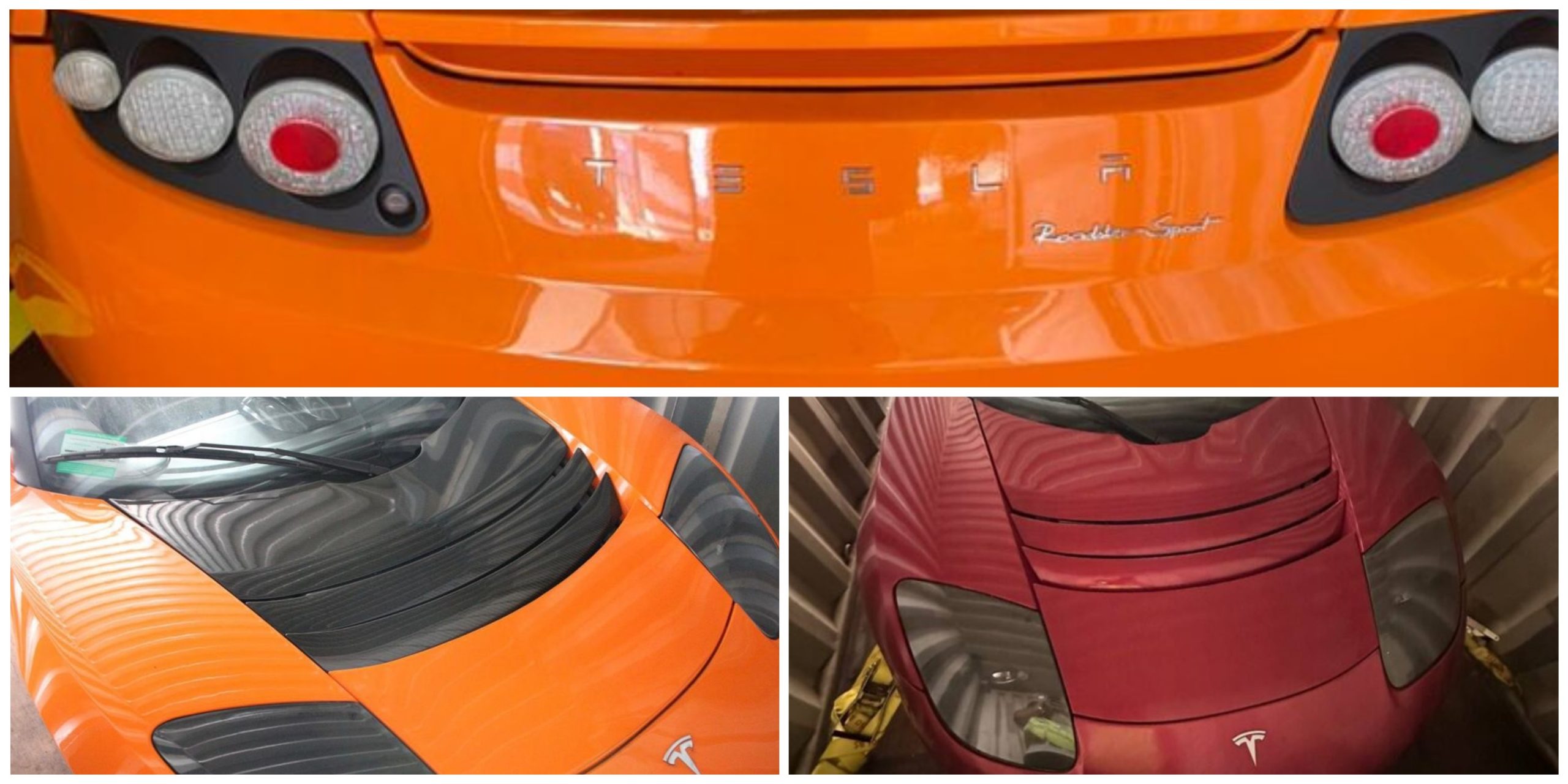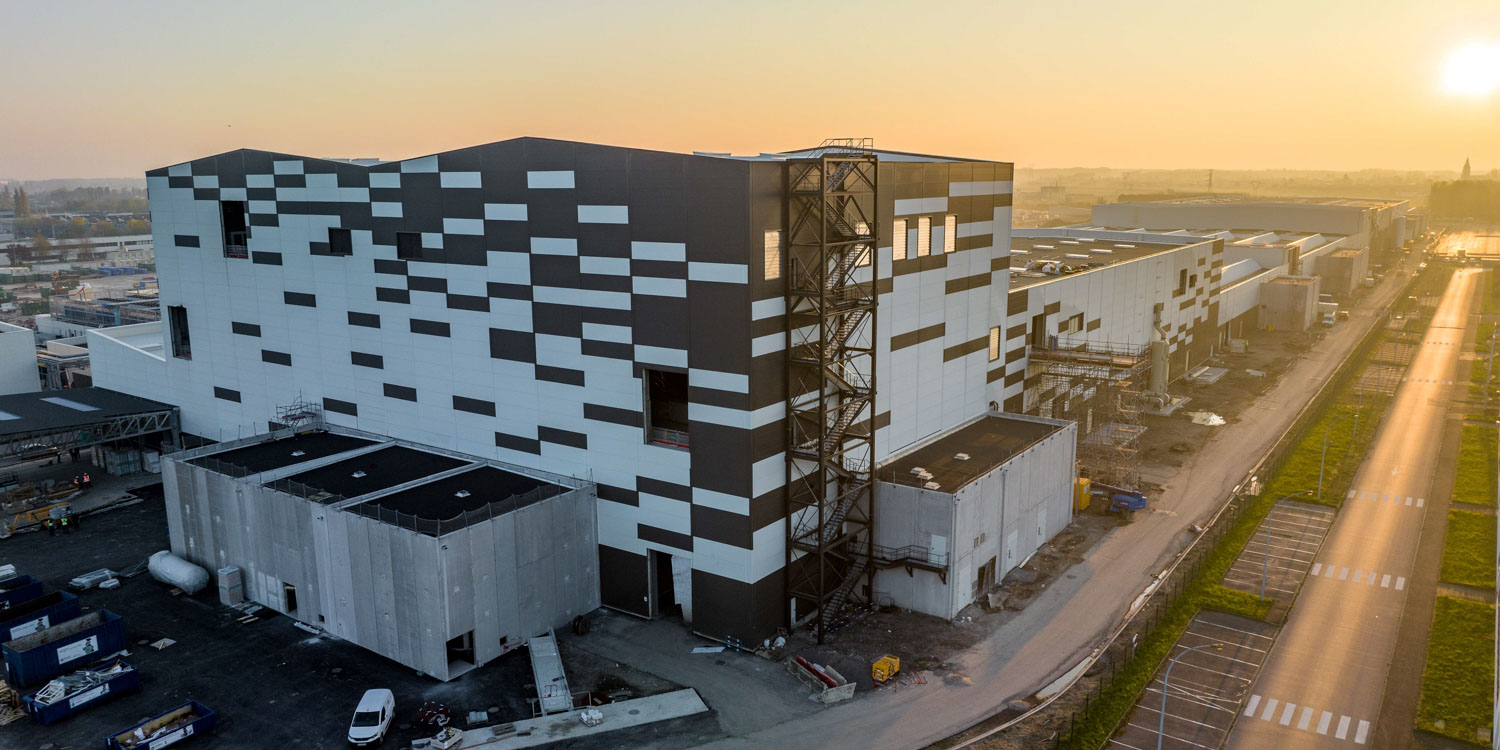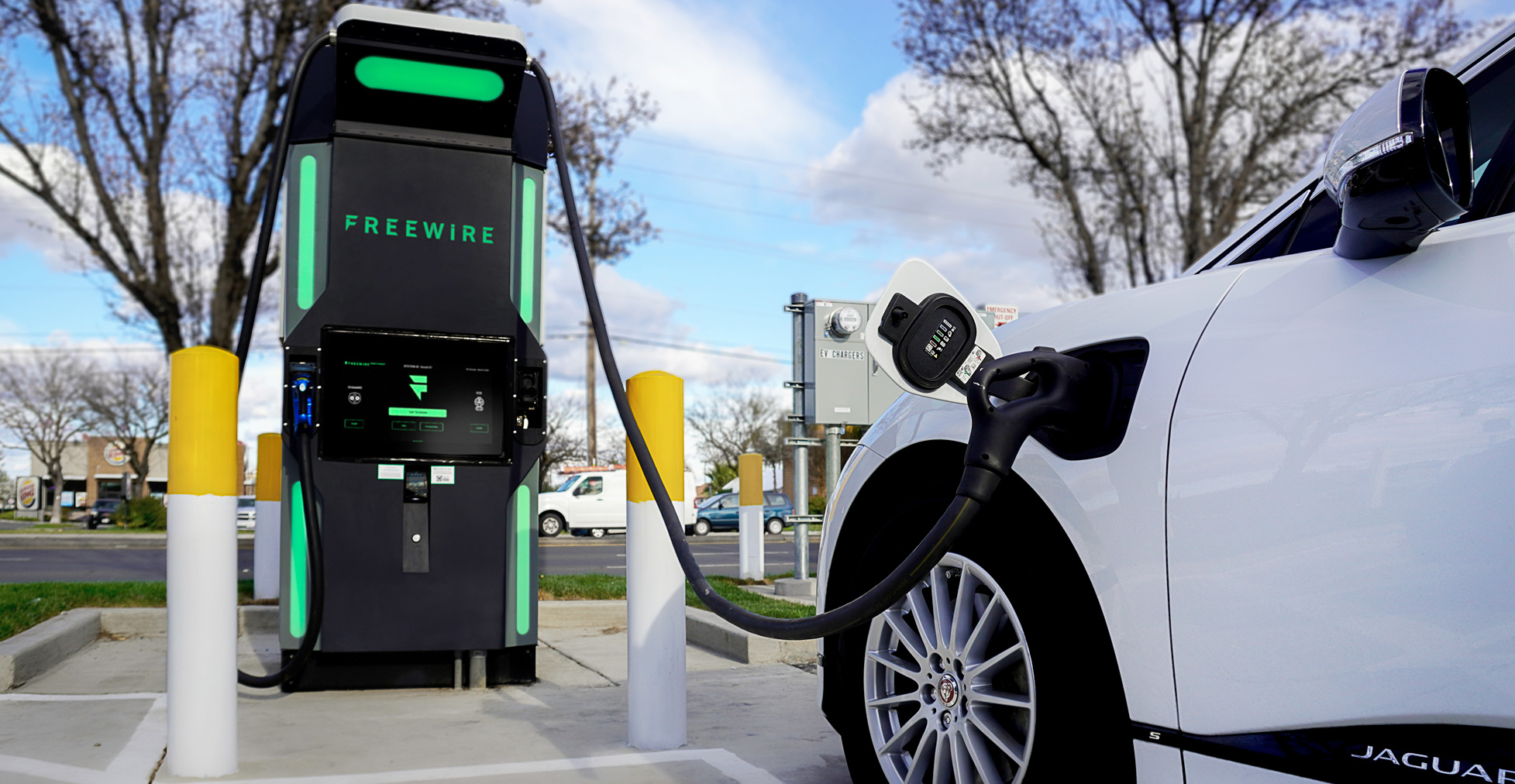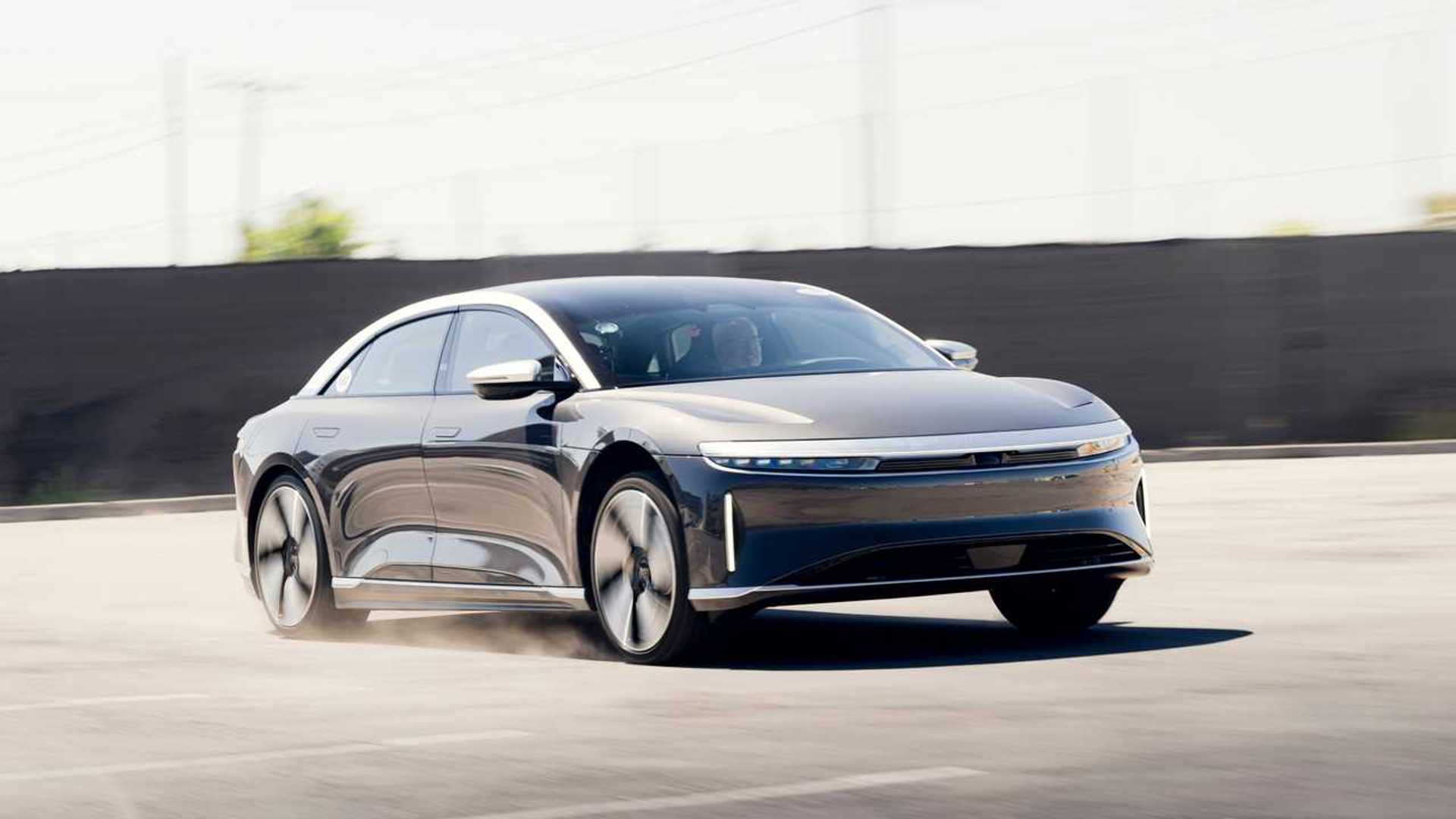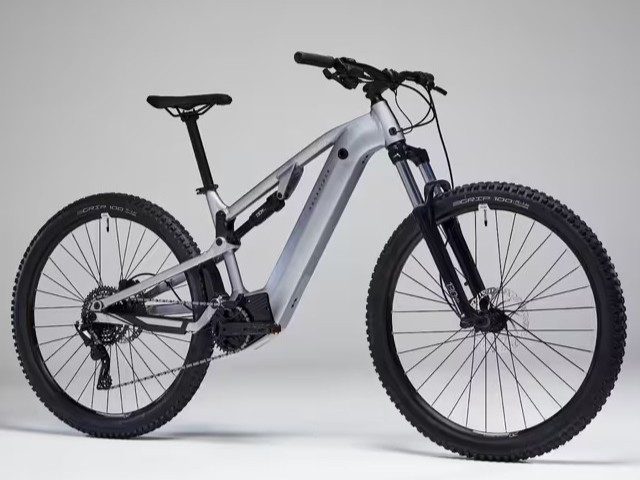Renowned automotive enthusiast Misha Charoudin’s recent review of the Tesla Model S Plaid at the Nürburgring has shed light on troubling issues with Tesla’s flagship performance vehicle. These concerns, while particularly evident in the case of the Model S, are indicative of potential challenges prevalent in the broader electric vehicle (EV) market.
Charoudin expressed reservations about the car’s stability and handling, especially during acceleration, asserting that the vehicle exhibited unpredictable and hazardous behavior under hard acceleration. The Model S struggled to achieve confident and predictable acceleration and cornering, primarily due to its soft stock suspension that excessively lightened the steering. Moreover, the stock brakes were deemed inadequate for track usage, except for short test laps.
However, the criticisms extend beyond the vehicle’s hardware. Tesla’s distinctive yoke steering wheel faced criticism for being uncomfortable and too wide to ensure safe maneuvering. Charoudin also pointed out that while the seats were comfortable, they were not ideal for track driving.
These issues are relevant to all Model S Plaid owners, but they are particularly troubling for those interested in engaging in lengthy track sessions with the vehicle, as well as for owners of many premium electric vehicles on the market. Electric vehicles are known to be heavier than their internal combustion engine counterparts, with even the Nissan Leaf weighing in at a substantial 3,516 – 3,934 lbs, which is approximately 1,000 lbs more than a Honda Civic. Consequently, EVs inherently present challenges in terms of stopping power and grip requirements during high-speed scenarios, given the road-focused suspension and brakes commonly found in most electric vehicles.
While it is true that anyone planning to take their car to the track for extended periods should consider aftermarket brakes and suspension upgrades, this argument holds even more weight for EV owners, especially considering the immense power readily available from electric motors.
Charoudin remains hopeful that the Tesla Model S Plaid Track Package, which includes an upgraded brake system, wheels, and tires, will enhance the vehicle’s performance on the track. However, it is worth noting that the Track Package does not address the Model S Plaid’s suspension components or steering.
These concerns raised by Charoudin’s review highlight the ongoing challenges faced by electric vehicle manufacturers in delivering optimal track performance. As the industry evolves, it becomes crucial for EV manufacturers to address these issues comprehensively to provide a well-rounded track experience for enthusiasts.

